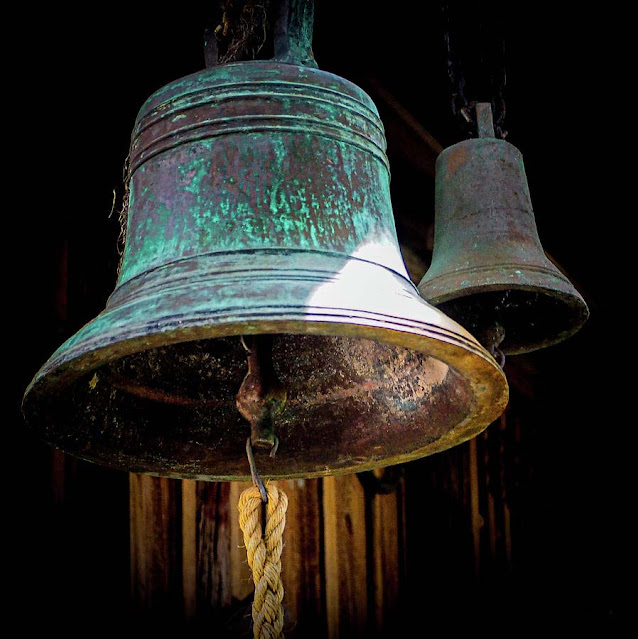Happy are those who know
behind all words, the Unsayable stands,
and from that source, the Infinite
crosses over to gladness, and us.
Free of those bridges we raise
with constructed distinctions;
so that always, in each separate joy,
we gaze at the single, wholly mutual core.
behind all words, the Unsayable stands,
and from that source, the Infinite
crosses over to gladness, and us.
Free of those bridges we raise
with constructed distinctions;
so that always, in each separate joy,
we gaze at the single, wholly mutual core.
...
But because truly being here is so much; because everything here
apparently needs us, this fleeting world, which in some strange way
keeps calling to us. Us, the most fleeting of all.
Once for each thing. Just once; no more. And we too,
just once. And never again. But to have been
this once, completely, even if only once:
to have been one with the earth, seems beyond undoing.
...
Here is the time for the say-able, here is its homeland.
Speak and bear witness. More than ever
the Things that we might experience are vanishing, for
what crowds them out and replaces them is an imageless act.
An act under a shell, which easily cracks open as soon as
the business inside outgrows it and seeks new limits.
Between the hammers our heart
endures, just as the tongue does
between the teeth and, despite that,
still is able to praise.
~ Rainer Maria Rilke
art by Keith Hennig










































